Part 6 of series: What is a Church? When a Church is Not a Church, Part 1 When I was young, I learned the little rhyme that goes like this: Here is the church, Here is the steeple, Open the doors, See all the people. Of course it didn’t dawn on me at the time that I was getting deficient theology. Only later in life did I realize that I should have learned a better rhyme: Here is a building,... Read more

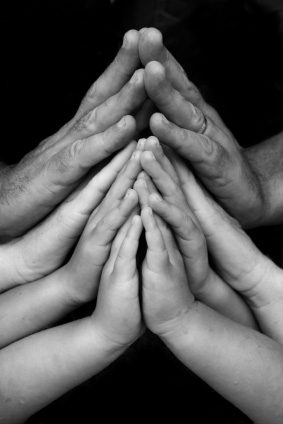
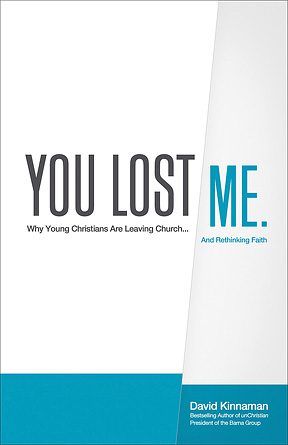

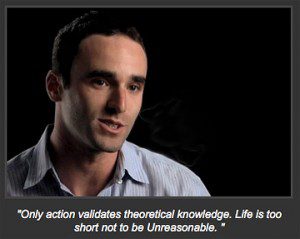

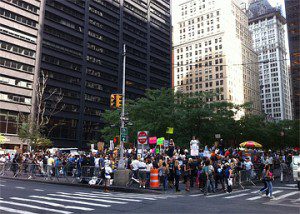
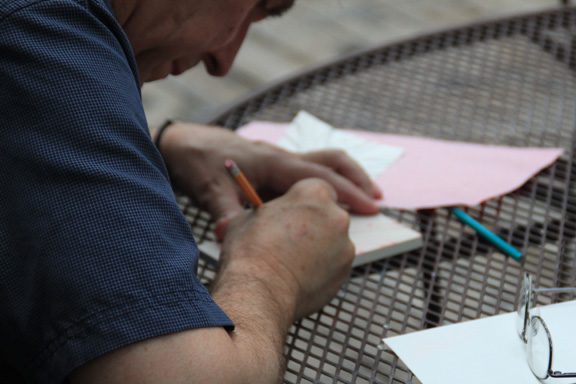








Faith, Politics, and Mini Cupcakes
What do faith, politics, and mini cupcakes have in common? Not much, except that they have recently been featured in newspaper columns. Five Rules for Faith and Politics Rabbi David Saperstein, director of the Religious Action Center of Reform Judaism, and Rev. Oliver Thomas, a member of USA Today’s Board of Contributors suggest five rules for faith and politics in a recent edition of USA Today. In summary, here are their suggested rules: 1. It is never appropriate — explicitly... Read more